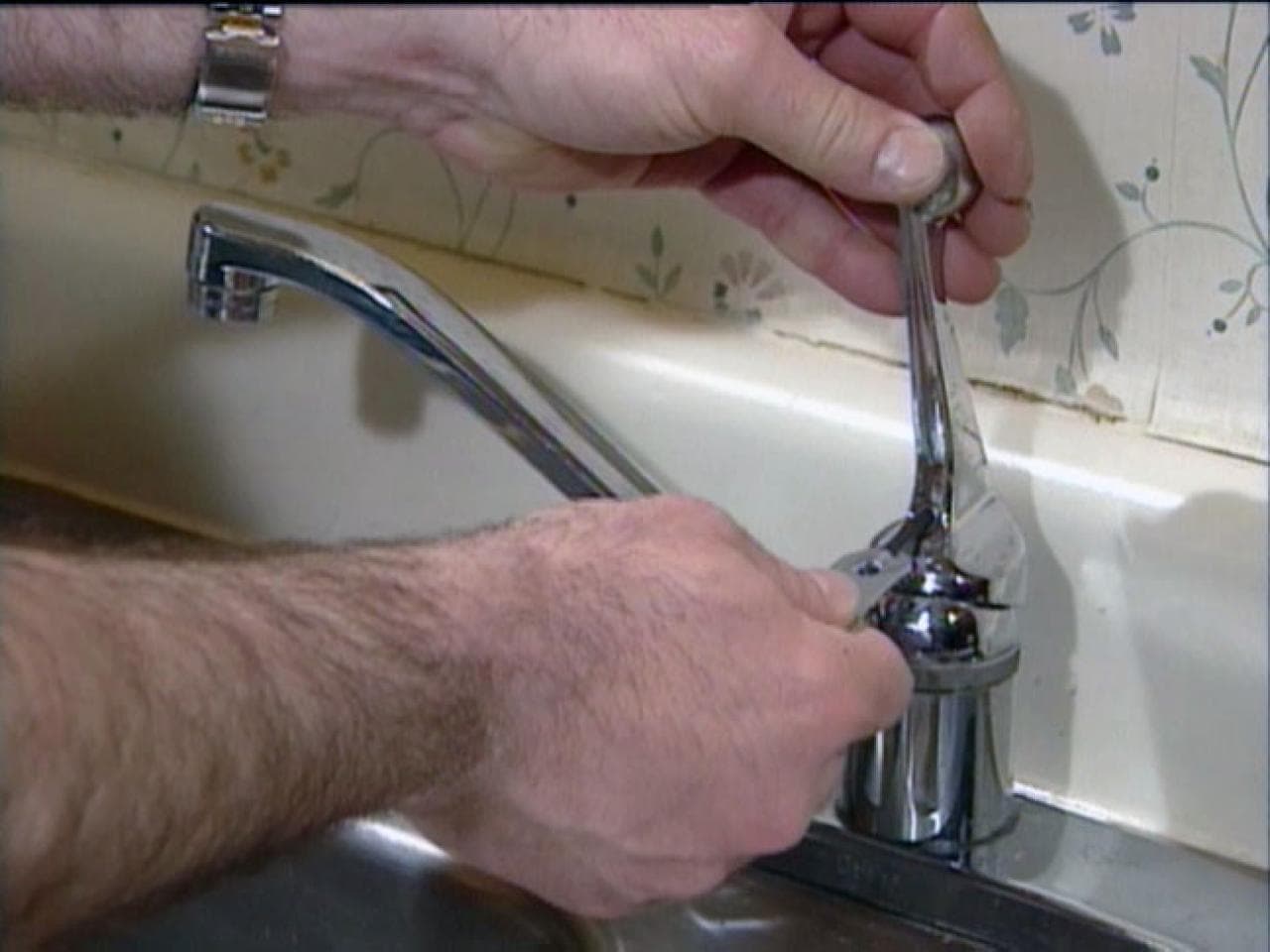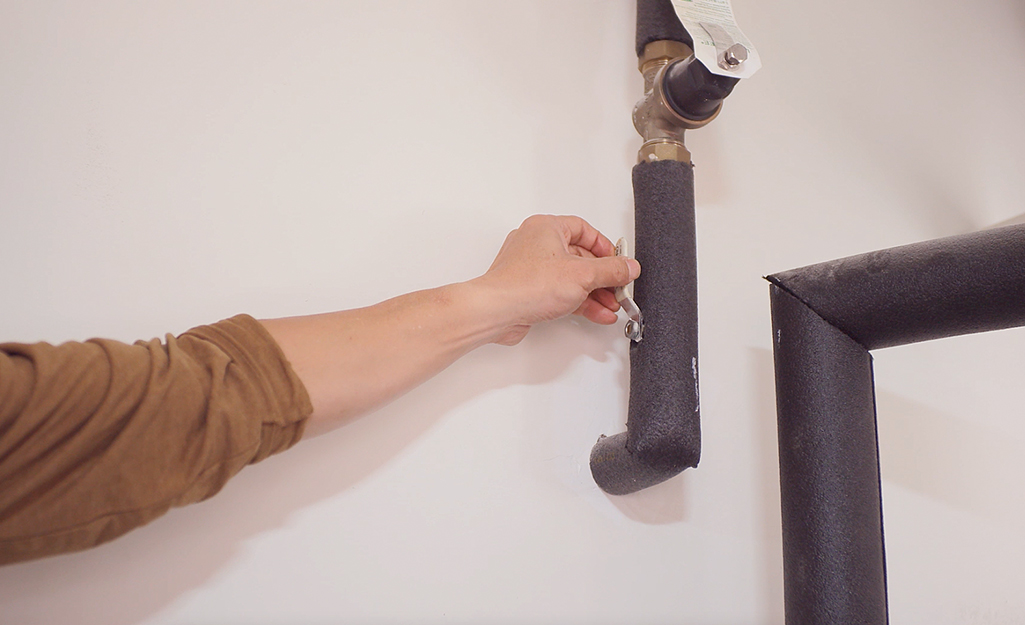We have noticed this post involving How to Fix a Dripping or Leaky Faucet down the page on the net and felt it made perfect sense to discuss it with you on this site.

Leaking faucets may look like a small hassle, but their influence goes beyond just the inconvenience of the audio. From wasting water to sustaining unneeded financial prices and health risks, overlooking a dripping faucet can cause numerous consequences. In this post, we'll delve into why it's essential to address this common household concern quickly and successfully.
Waste of Water
Ecological Impact
Leaking taps add substantially to water waste. According to the Environmental Protection Agency (EPA), a single tap leaking at one drip per second can lose more than 3,000 gallons of water each year. This not just stress water resources but likewise influences communities and wildlife based on them.
Financial Prices
Raised Water Costs
Beyond the environmental influence, trickling taps can inflate water bills significantly. The gathered wastefulness gradually translates into higher energy costs, which can have been stayed clear of with timely repairs.
Potential Residential Property Damage
Additionally, extended trickling can result in damage to fixtures and surfaces bordering the tap. Water accumulation can cause discoloration, corrosion, and also structural problems if left unattended, causing added repair work costs.
Wellness Problems
Mold And Mildew and Mildew Growth
The consistent existence of dampness from a trickling faucet develops an excellent atmosphere for mold and mildew development. These fungis not only jeopardize indoor air high quality but also position health and wellness risks, especially for people with respiratory problems or allergic reactions.
Waterborne Diseases
Stationary water in dripping taps can end up being a breeding ground for bacteria and various other microorganisms, raising the risk of waterborne illness. Pollutants such as Legionella microorganisms grow in stagnant water, potentially resulting in severe health problems when ingested or breathed in.
Do it yourself vs. Professional Repair service
Pros and Cons of Do It Yourself Repair Work
While some may try to fix a trickling tap themselves, do it yourself fixings come with their very own collection of difficulties. Without appropriate understanding and devices, DIY efforts can exacerbate the problem or lead to insufficient repairs, extending the issue.
Advantages of Employing an Expert Plumber
Hiring a specialist plumber makes certain that the underlying root cause of the trickling faucet is attended to efficiently. Plumbers possess the know-how and tools to diagnose and fix tap concerns successfully, saving time and decreasing the threat of additional damages.
Step-by-Step Guide to Repairing a Dripping Faucet
Devices Needed
Prior to attempting to take care of a trickling tap, collect the essential tools, consisting of a flexible wrench, screwdrivers, replacement parts (such as washing machines or cartridges), and plumber's tape.
Common Faucet Issues and Their Solutions
Determine the type of faucet and the details issue creating the drip. Typical troubles include worn-out washing machines, rusty valve seats, or faulty O-rings. Refer to producer guidelines or online tutorials for step-by-step advice on repair services.
Preventive Measures
Routine Maintenance Tips
To prevent leaking faucets, carry out routine maintenance such as cleansing aerators, evaluating for leaks, and changing worn-out components immediately. In addition, consider installing water-saving tools or updating to more reliable fixtures.
Value of Prompt Repairs
Dealing with leaking faucets as soon as they're discovered stops additional water waste and prospective damage, ultimately saving both water and money over time.
Effect On Property Worth
Understanding of Well-Maintained Residential Property
Preserving a residential or commercial property in good condition, consisting of attending to upkeep concerns like trickling taps, improves its perceived value and desirability among prospective purchasers or lessees.
Impact on Resale Value
Characteristics with properly maintained plumbing fixtures, including taps, command higher resale worths in the real estate market. Dealing with leaking faucets can contribute to a positive perception during residential or commercial property evaluations and settlements.
Environmental Obligation
Private Payment to Preservation
Taking responsibility for repairing dripping taps straightens with broader efforts toward water conservation and ecological sustainability. Every individual's actions jointly make a substantial effect on preserving priceless resources.
Lasting Living Practices
By prioritizing punctual repair work and taking on water-saving habits, people contribute to sustainable living techniques that benefit both existing and future generations.
Conclusion
Addressing a dripping tap exceeds simple comfort; it's a vital step towards preserving water, decreasing financial costs, and protecting health and wellness and building. Whether through DIY repair work or professional help, taking action to take care of dripping faucets is a small yet impactful means to promote liable stewardship of sources and contribute to a healthier, a lot more sustainable future.
How to Fix a Leaky Faucet: Step-by-Step Repair Guide
A leaky faucet may seem like a simple annoyance, but if it's not fixed promptly, that leak could cost hundreds to potentially thousands. From water damage to mold, mildew, and high water bills, even a tiny leak can be catastrophic if left unattended. Damage like this can even affect the overall value of your home, so it's important to take the right approach for leaky faucet repair. You may need the help of a plumber in some cases, but we've got a few tips you can try on how to fix a leaky faucet before calling the pros.
Four Faucet Types
When you're learning how to fix a leaky faucet, the first step is knowing what kind of faucet you're working with! There are four common types.
Cartridge Faucets
Cartridge faucets come in one- or two-handled varieties. In one-handled cartridge faucets, hot and cold water combines in a single cartridge. In the two-handled versions, hot and cold water are controlled separately and mixed in the faucet.
Ball Faucets
Ball faucets have a single lever you push up and down to adjust the pressure and rotate to change the temperature. A slotted metal ball controls the amount of water allowed into the spout.
Compression Washer Faucets
They're the oldest type of faucet, but they're still used in many homes — especially older ones. Compression faucets have two separate handles that, when turned, raise or lower the washer that seals a water valve. This valve stops water from flowing through the faucet when it is turned off.
Disc Faucets
Disc faucets rarely need to be repaired due to their maintenance-free design. The water flow is controlled by two discs — the upper one raises and lowers against a fixed lower disc, creating a watertight seal. If your disc faucet starts leaking, you may need to replace the seals or clean residue buildup from the inlets.
Fixing a Leaky Faucet
Step 1: Turn Off the Water
Whether you're learning how to fix a leaky bathtub faucet or how to fix a leaky kitchen faucet, always turn off the water supply to your working area when you're fixing a leak. The last thing you want is a flood added to your list of things to fix.
Look for the shutoff valves below your sink or around the tub and turn them clockwise to stop the water flow. If your faucet doesn't have shutoff valves, you may need to turn off the water for the whole house. Check to make sure it's off by turning the faucet on. If nothing comes out, you're ready to start the repair.
Step 2: Take Apart the Faucet
How you disassemble your faucet depends on the type of fixture you have. You can use a flathead screwdriver to remove the caps on top of the handle or handles for cartridge and compression faucets. Inside, you should see handle screws. Unscrew these with a screwdriver to remove the handle.
Disc- and ball-style faucets will typically have an inlet screw near the handle, and removing that will reveal the interior of the faucet.
Detach the Valve Stem
For cartridge- and compression-style faucets, you'll see the inner valve stem or cartridge once you remove the faucet handles. If you have a compression faucet, unscrew the brass valve stem. If you have a cartridge faucet, pull out the cartridge. If your cartridge has been in place for a while, it may require some tools or extra force to remove it due to mineral deposits.
Examine and Replace Parts
Once you've removed the parts, check them out to confirm what needs to be replaced. You may see corroded rubber washers, O-rings, stems, or cartridges. On a ball-style faucet, check the seats and springs for damage.
If you need to repair a leaky disc faucet, check the inlet and seals on the lower disc.
Once you determine what parts must be replaced, visit your local hardware store. Bring the damaged parts with you to ensure you can purchase the correct components to replace them.
Clean Valves and Faucet Cavity
If you've removed a stem or cartridge, you may notice mineral buildup in the faucet's threads. Use white vinegar to clean the valve seat by soaking it for a few minutes, then scrub it away with a soft toothbrush and rinse with warm water. You can also clean the interior of the faucet in the same way.
Reassemble the Faucet
Once your faucet is cleaned and the required parts have been replaced, it's time to reassemble it. Put the pieces back together and slowly turn the water supply back on. Doing this slowly is crucial because too much initial water pressure can damage the new hardware you've just installed.
https://homewarranty.firstam.com/blog/how-to-fix-leaky-faucet

I was introduced to that article about from a friend on a different site. Are you aware of another individual who is inquisitive about the subject? Take a moment to promote it. Thanks a lot for going through it.